Afghan withdrawal, Russia tensions placed on NATO agenda in 2021
Possibility of dialogue in relations with Russia expected to be on NATO agenda next year
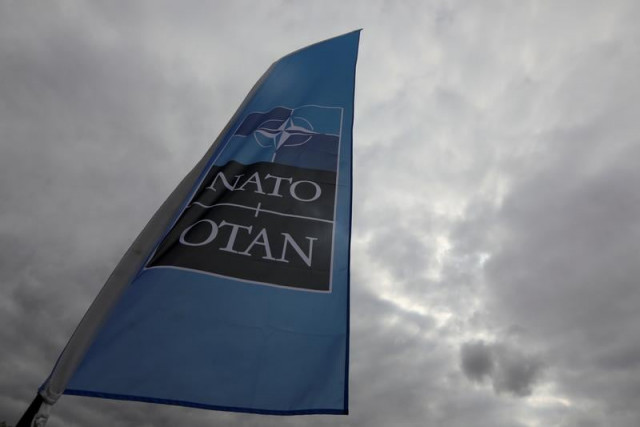
For NATO, the world's longest-lasting military and political alliance, 2021 was the year when it withdrew from Afghanistan after two decades, and when its relations with Russia have been at the lowest point since the Cold War.
The inauguration of new US President Joe Biden, ending former President Donald Trump's term in January was seen as a positive development by the alliance, especially for the relationship between the US and its European allies.
Transatlantic relations were expected to warm up after Trump's desire to keep his distance from Europe's security and European countries’ desire to increase their defense spending.
So, right after Biden took office, he made statements about the US commitment to NATO and gave warm messages during meetings with the leaders of European countries.
Withdrawal from Afghanistan
The first NATO meeting after the change of administration in the US was held in February with the meeting of defense ministers. The most important issue on the agenda was Afghanistan. NATO discussed whether to withdraw from Afghanistan, without a decision at the end of the meeting.
On March 23, the foreign ministers of NATO countries held a meeting, with US Secretary of State Antony Blinken attending for the first time and expressing commitment to keep the transatlantic ties strong.
The meeting of the ministers, who once again discussed the withdrawal from Afghanistan, did not yield any results. NATO Secretary-General Jens Stoltenberg announced that they will act in consultation and decide together.
On April 14, the NATO decision on the date of withdrawal from Afghanistan was announced. The US said the process of leaving from Afghanistan would begin as of May 1 to be completed by Sept. 11. NATO also stated that they will act in unity when leaving the country they have been in for 20 years.
After the US decision to withdraw, uncertainty continued for a while. The reason for this was the pessimistic picture drawn in intelligence reports after NATO's departure, and the uncertainty over whether any force would be substituted for the NATO mission. While some NATO members declared that they would abide by the US decision in withdrawal, some countries remained silent for a while.
On April 29, NATO announced that the Resolute Support Mission forces in Afghanistan had begun to withdraw from the country. By August, with the rapid withdrawal of US forces, the Taliban soon gained dominance in the country.
NATO pointed to the inadequacy of Afghan political leaders in the Taliban's unexpected rapid takeover of Afghanistan.
Historical decline in relations with Russia
Another major issue on NATO's agenda in 2021 was relations with Russia. While NATO reacted to the arrest of Russian opposition figure Alexey Navalny at the beginning of the year, Russia's military activity on the Ukrainian border at the beginning of April alarmed NATO.
NATO urged Russia, which sent tens of thousands of soldiers and military equipment to the Ukrainian border and the Crimea, to immediately end its military buildup. NATO reported that this was Russia's largest military build-up in the region since the illegal annexation of Crimea by Russia in 2014.
Ukraine sought NATO support in the face of Russian fortifications. NATO reaffirmed its strong support for Ukraine's sovereignty and territorial integrity.
At the NATO summit held in Brussels on June 14, it was stated that Russia was a "direct threat" and that relations would be maintained through both deterrence and defense and dialogue.
While NATO-Russia relations were at the lowest level since the Cold War period, NATO canceled the accreditation of eight members of the Russian mission, saying they were "undeclared Russian intelligence officers." Russia suspended mission to NATO and shut liaison office in Moscow in a tit-for-tat move
In November, Russian military activity on the Ukrainian border came to the fore once again. Relations became even more strained after the US intelligence reports included the information that Russia had increased its fortifications on the border. NATO increased its presence in air, land, and sea on the alliance's eastern flank.
At the NATO Foreign Ministers Meeting on Nov. 30, the message was given to Russia that "if Moscow attacks Ukraine, it will have serious repercussions and serious consequences." In such a case, Russia would also face harsh economic and political sanctions by western countries.
On Dec.15, Russia made a series of offers to the US and NATO for having security guarantees, including NATO not expanding eastward and not including former Soviet Union countries such as Ukraine and Georgia into the alliance.
NATO against weakening of US-EU ties
Other issues that were included in the NATO agenda were the strategic autonomy of the EU and the rise of China.
Since the EU desire to reduce its dependence on the US in defense and security is related to NATO, efforts to increase the EU's "strategic autonomy" were closely followed within NATO.
The autonomy discourses that have increased recently in the EU under the "Strategic Compass," as well as ideas of establishing an EU army and Europe getting rid of its dependence on the US in defense, were especially led by France.
The EU's Strategic Compass document, which is expected to be accepted at the EU Leaders' Summit to be held in March 2022, is also of interest to NATO.
NATO argues that the weakening of the transatlantic bond will not only weaken NATO, but will also divide Europe. “So that will not be good for Europe, not good for EU, and not good for NATO. So I believe in strategic solidarity,” NATO chief Stoltenberg noted.
Also, NATO has begun to attach great importance to the rise of China, although it is not in its geographical region.
In 2022, important developments are expected for NATO, such as the possibility of a dialogue in relations with Russia, the change of the secretary-general, and the acceptance of the new Strategic Concept document.

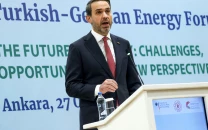
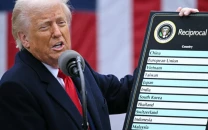
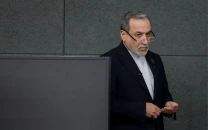
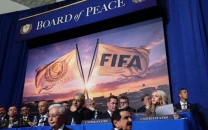
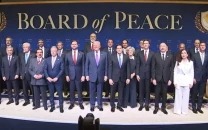













COMMENTS
Comments are moderated and generally will be posted if they are on-topic and not abusive.
For more information, please see our Comments FAQ